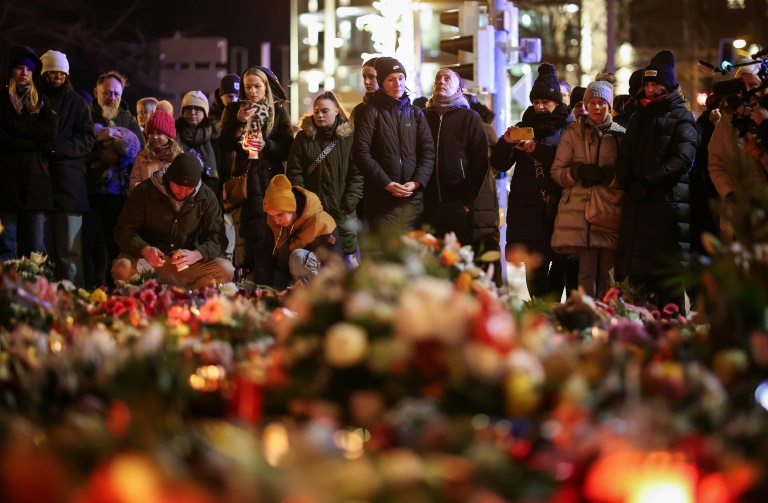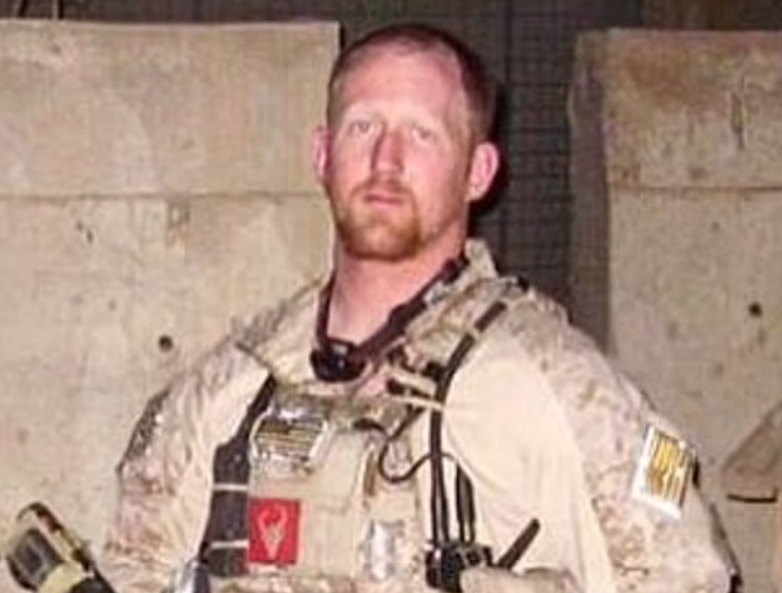The killing of Hamas leader Yahya Sinwar is a political victory for Israeli Prime Minister Benjamin Netanyahu but divisions remain in Israel over his strategy for securing the release of hostages.
More than a year after the Islamist group’s unprecedented attack, the Israeli military said on Thursday that Sinwar was killed in a surprise firefight with a group of Israeli soldiers in southern Gaza on Wednesday.
The announcement sparked celebrations in Israel but many remained worried about the fate of hostages still held in Gaza more than a year after their capture.
Michael Milshtein, an expert on Palestinian affairs at the Moshe Dayan Center in Tel Aviv, said he would not celebrate until the “hostages are back home”.
During their October 7 attack, Palestinian militants seized 251 hostages, 97 of whom are still held in Gaza, including 34 the Israeli military says are dead.
As news of Sinwar’s death spread on Thursday, an Israeli campaign group, the Hostages and Missing Families Forum, appealed for Israeli authorities to strike a deal to secure the hostages’ release.
“We call on the Israeli government, world leaders, and mediating countries to leverage the military achievement into a diplomatic one by pursuing an immediate agreement for the release” of all hostages, the group said in a statement.
In a rare comment predicting the course of the war, Netanyahu himself indicated that Sinwar’s killing could be the “beginning of the end” of the Gaza war.
“This is an important moment in the war,” Netanyahu said, speaking directly to the families of the hostages.
“The return of our hostages is an opportunity to achieve all our goals and it brings the end of the war closer.”
In August Netanyahu called Sinwar “the only obstacle to a hostage deal.”
But critics in Israel have repeatedly accused the prime minister himself of such obstruction for his own political reasons.
For Netanyahu, the political benefits of killing the Hamas chief are significant.
The death of the man seen as the architect of the October 7 attack, which resulted in the deaths of 1,206 people on Israeli soil, mostly civilians, has reassured his far-right ministers — key allies in the governing coalition.
“There were those who wanted to raise their hands and remove the IDF (military) from Rafah and Tal al-Sultan area and move on,” a jubilant Bezalel Smotrich, Israel’s far-right finance minister, said on his Telegram channel.
“But there were those who understood that the key word in war is patience and perseverance.”
Smotrich has consistently made calls to “destroy the enemy and return the hostages home”.
Jonathan Rynhold, head of the political studies department at Bar-Ilan University, told AFP that “Netanyahu’s political standing in general will definitely go up in the short-term but equally there will be far more pressure” to reach a hostage deal.
“It will be easier for Netanyahu to reach that agreement because Israel’s negotiating position has improved and because Hamas is already destroyed as a conventional military force.”
Smotrich and his fellow far-right National Security Minister, Itamar Ben Gvir, oppose any swap deal that would see Hamas free Palestinians held in Israeli detention.
But they are unlikely to “bring down” the prime minister “while Israel is engaged in a war with Hezbollah and still engaging with Iran and that gives him more room,” said Rynhold, referring to the Iran-backed Lebanese group which Israeli is fighting on its northern border.
Other Israeli figures say the government should instead resume negotiations on hostage release.
“Israel must lead a move toward the only possible deal: ending the war in Gaza in exchange for the return of all the hostages, both living and dead,” said former opposition lawmaker Ofer Shelah, a research director at the Israeli Institute for National Security Studies (INSS).
“Such a deal, with international involvement, would solidify the operational achievements in Gaza and Lebanon, offer an alternative to Hamas that is not Israeli rule over Gaza, and create an image of victory for Israel.”
But for the families of the hostages, the uncertainty is unbearable. The fighting in Gaza shows no sign of abating with Israeli forces engaged in battles in several areas of the territory.
“Now that Sinwar is not a formal obstacle in the way of the release of the hostages, it is unacceptable that they would stay in captivity even one more day,” said Ayala Metzger, daughter-in-law of killed hostage Yoram Metzger.
She fears Netanyahu has no plan for ending the war.
“We (are) afraid that Netanyahu does not intend on stopping the war, nor does he intend to bring the hostages back.
“For more than a year he has not done anything to prepare for the day after Sinwar’s elimination,” she said.
AFP

AFP







